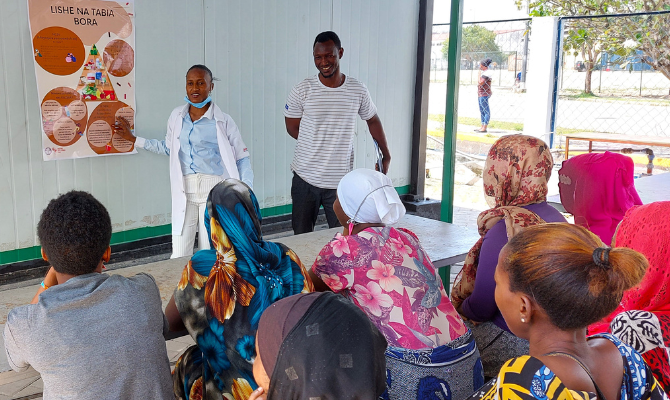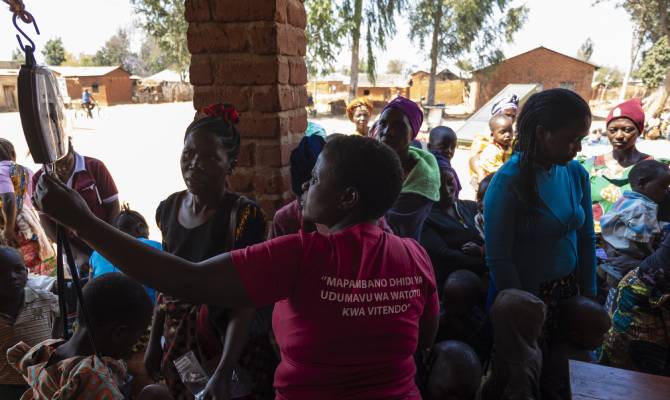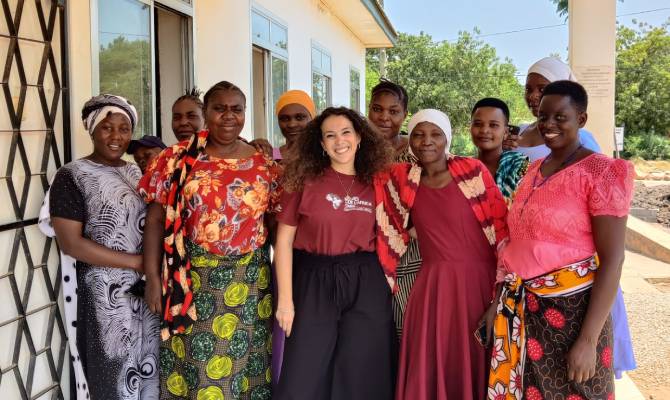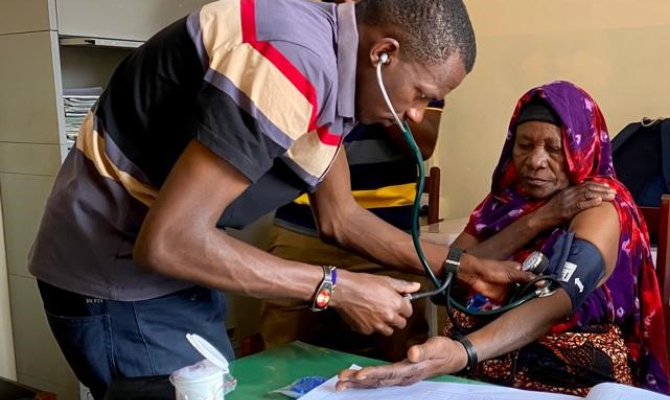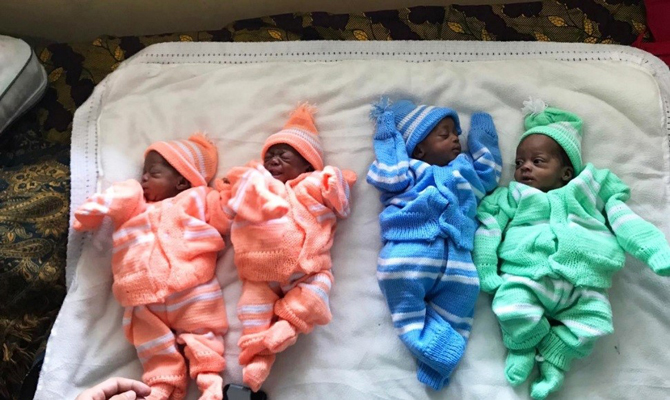Living sustainably in a big city can now seem like an oxymoron. While job opportunities are greater than in the countryside, overcrowding in urban areas has a significant impact on health. According to World Bank estimates, today 55 per cent of the global population lives in cities, but by 2050 this will reach 68 per cent. Numbers that are worrying, if the challenges of urbanisation are not addressed now, promoting better access to health services, especially in countries with few resources.
Dar es Salaam, the administrative capital of Tanzania, is one of the fastest growing cities in sub-Saharan Africa. It could soon become a megacity with 10 million people. Here, since last June, Doctors with Africa CUAMM has been developing an urban health project in a textile factory, Tanzania Tooku Garments, that produces 8 million jeans a year, with the aim of raising awareness among its 4,000 employees on the importance of taking care of their health, through regular check-ups, proper nutrition, good hygiene practices, etc.
In rural areas of the country, life expectancy has increased by 13 years, compared to 3 years in urban areas. People living in cities also have higher under-five mortality and maternal mortality than in rural areas.
From the countryside to the city
CUAMM almost always operates in rural areas, which are generally more in need of help, but the need for a programme to be activated in a big city stems from the fact that less healthy lifestyles are more widespread here than in the “countryside”: “junk” food is at hand and people often lead sedentary lives.
Promoting health education in a factory also makes it possible to raise awareness among a large number of people at the same time. CUAMM welcomed the proposed collaboration with Tooku Garments with interest, also because this is a context in which 75% of the workers are women and 80% are between 20 and 30 years old. These are many future and young mothers who, one day, will be able to pass on the value of prevention to their children.
“In order to properly conduct wellbeing programmes for workers,” explains Franziska Jautz, Head of Human Resources at Tooku, ” among many organisations and after thorough research, we chose Doctors with Africa CUAMM, because in addition to having competent professionals, it has maternal and child health at heart. CUAMM’s philosophy perfectly meets Tooku’s needs. I think this is also a new challenge for CUAMM, which had never operated in such a context before”.
That is not all. Effective workplace policies are an investment in public health: they can have a positive impact on employers, employees, but also on the health of the community. The former benefit from reduced direct costs, while employees reduce health risks and improve their quality of life.
“Trust between employee and employer has also increased and people feel freer to ask open questions, come to the nursing staff more often, ask for advice and openly share health problems they were too afraid to ask about in the past,” Franziska concludes.
CUAMM’s project in the factory
“We were called by Tooku, which had started to offer small training courses on some aspects of safety at work,” explains Barbara Andreuzzi, CUAMM project manager, “but it needed to strengthen health education for workers and nurses. Yes, because the company is so big that it has five nurses among the staff (four women and one man working the night shift) working full-time on first aid. So, we came up with a well-structured programme to train the nurses who, once certified, train the workers.
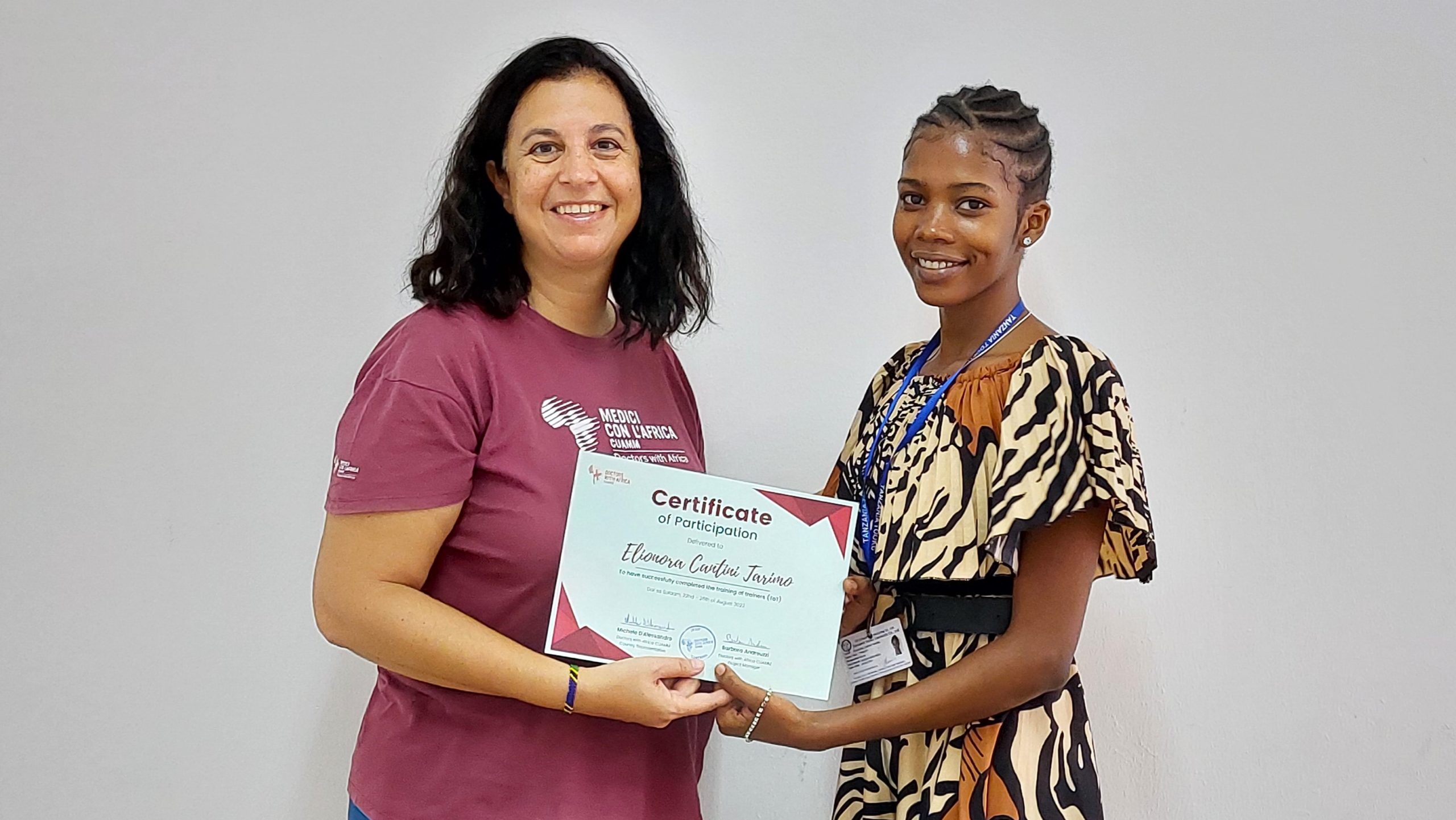
Before we started, we administered a digital questionnaire to understand the starting status, probing a little into the knowledge and habits of the workers. This first step was not easy, both because of the lack of interest and the poor digitisation of the workers. So, we equipped ourselves with tablets and, with the support of the factory’s human resources department, in the end, we collected a good number of surveys, 1,000!
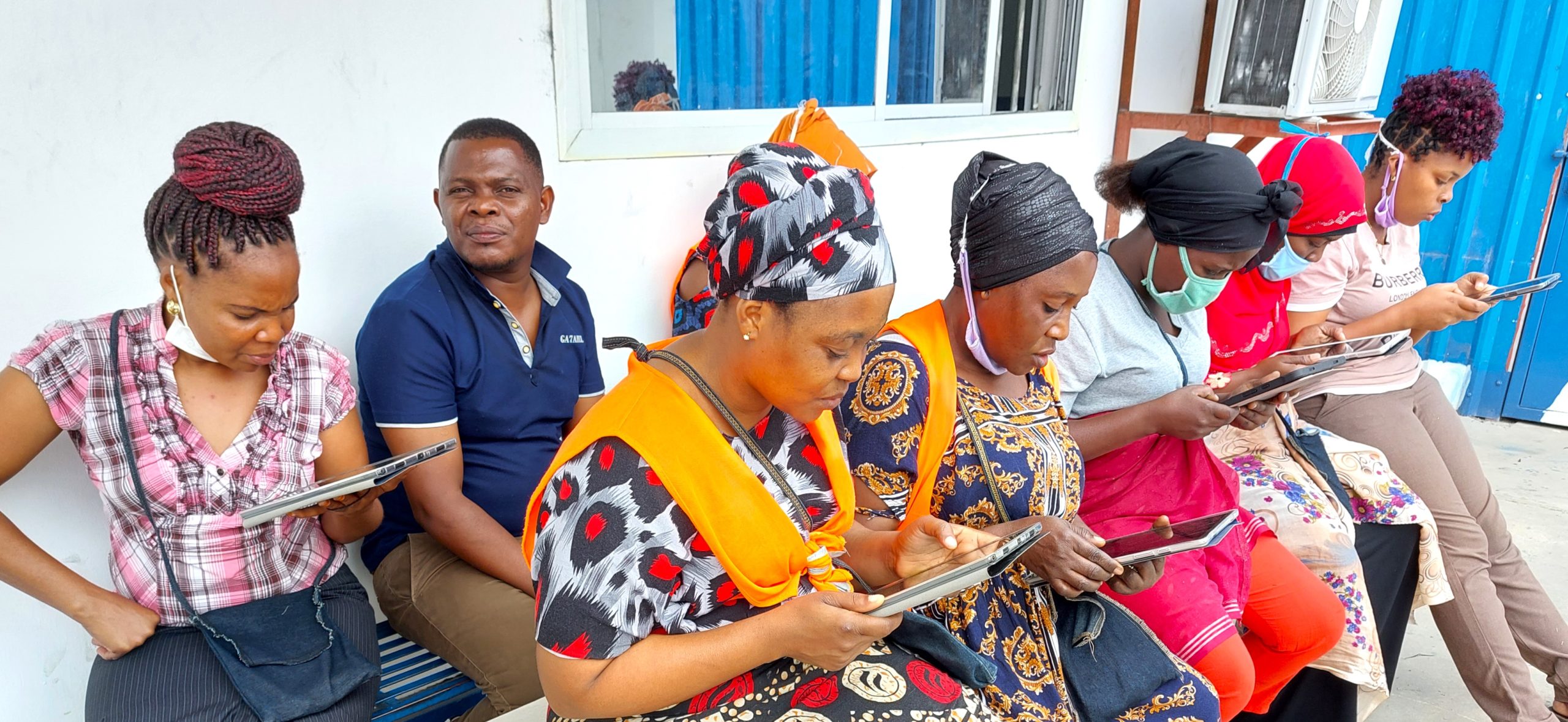
Now we are on the next step. We have produced the training material to be delivered to the nurses. These are Swahili posters with key topics: reproductive health, maternal and child health, infectious diseases, personal care and balanced nutrition and sustainable lifestyles.
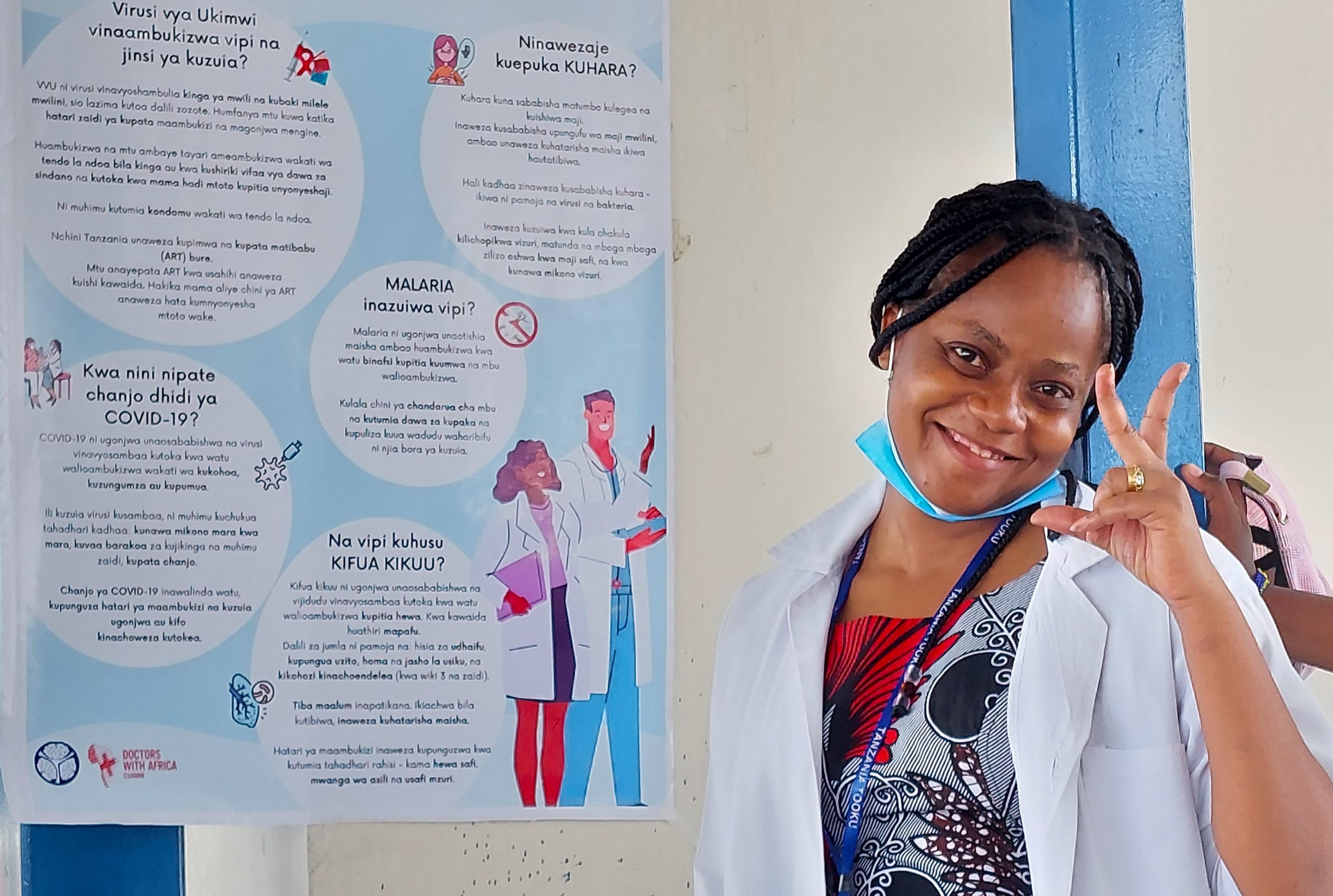
A guide was also produced for the nurses to deepen the topics summarised on the posters, as well as a week-long training they received. Then, the health workers started to lecture the workers: every day, 20 minutes before lunch to address a topic to 30 employees. The aim of the project is to promote good health-related practices. We will ensure that the nurses are able to convey key messages on healthy behaviour. At the end, we will administer a new questionnaire to see if the messages have been received by the employees”.
“The training I received from CUAMM has really helped me to improve my knowledge about health, I now know how to protect myself, as well as how to prevent certain diseases,” adds Elionora, a nurse who has been working in the factory for a year. Thanks to the course, I can train my colleagues so that they in turn raise awareness among those who know nothing about health and also those who want to increase their knowledge”.
Before the end of the project, CUAMM and Tooku’s corporate social responsibility team could explore a possible evolution of the pilot project to also involve outsiders from the employees’ family network, thus using the factory as a kind of hub to engage the community and promote health outside the workplace.

